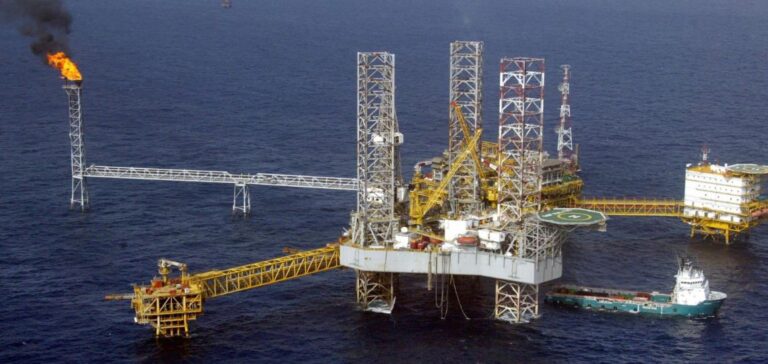China National Offshore Oil Corporation (CNOOC) recently identified a new oil field, named Kaiping South, in the South China Sea. This discovery adds to the region’s known reserves, without prejudging its future impact on overall production. The Kaiping South field exceeds 100 million metric tons in proven oil equivalent volume. The KP18-1-1d exploration well averaged 7,680 barrels of crude oil and 520 Mcf of natural gas per day.
Role of Guangdong Province
With the recent discovery of the nearby Kaiping South oil field, Guangdong province saw its crude oil production increase by 6% in 2023, reaching 401,000 barrels per day. This increase in production underlines not only the province’s strategic importance in China’s energy supply, but also its potential role in the future exploitation of offshore resources. As a major economic and industrial center, Guangdong continues to assert its importance in the country’s sustainable development and energy innovation.
Offshore Exploration Strategies
CNOOC’s initiative to step up exploration in the South China Sea is part of its ongoing activities. The company relies on the use of advanced technologies to evaluate and exploit offshore deposits, in line with industry practices. According to CNOOC’s Institute of Energy Economics, peak offshore production is expected around 2045. Between 70 and 80 million metric tons could be produced, marking a turning point. After this peak, a gradual decline is expected. However, the importance of offshore generation in the energy mix is set to grow, from less than 25% in 2020 to over 40% in 2060.
The discovery of the Kaiping South field adds to CNOOC’s portfolio of explored deposits. It highlights the ongoing exploration efforts aimed at identifying new reserves, essential to meeting energy demands. The discovery of the Kaiping South field represents an addition to current knowledge of offshore energy resources. This discovery enables us to continue assessing the energy potential of the South China Sea in a context of growing demand for resources.






















